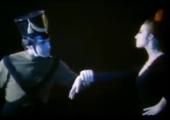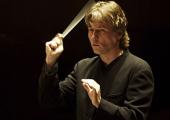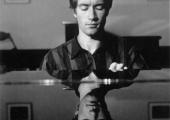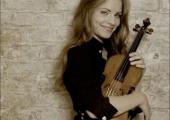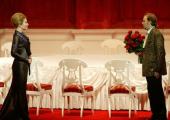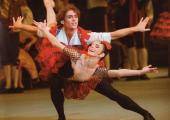Matsuev, London Symphony Orchestra, Gergiev, Barbican Hall

From the musical mud of Shchedrin to consummate Musorgsky-Ravel
Will the real Rodion Shchedrin please stand up? At 77, the man himself still can, unlike fellow Russians Shostakovich and Schnittke into whose much larger shoes some think him worthy to step, and he stood last night both to take his own bow and for Valery Gergiev's compelling Musorgsky-Ravel. His music, though, can lie prone under the weight of its unmemorable, patchwork self-importance. Given heavyweight performances, it could well have driven the Barbican Hall a few inches further under ground. Fortunately there were Ravel's fantastical orchestrations and Gergiev at his most elastic to lift us out of the musical mud.
Will the real Rodion Shchedrin please stand up? At 77, the man himself still can, unlike fellow Russians Shostakovich and Schnittke into whose much larger shoes some think him worthy to step, and he stood last night both to take his own bow and for Valery Gergiev's compelling Musorgsky-Ravel. His music, though, can lie prone under the weight of its unmemorable, patchwork self-importance. Given heavyweight performances, it could well have driven the Barbican Hall a few inches further under ground. Fortunately there were Ravel's fantastical orchestrations and Gergiev at his most elastic to lift us out of the musical mud.

